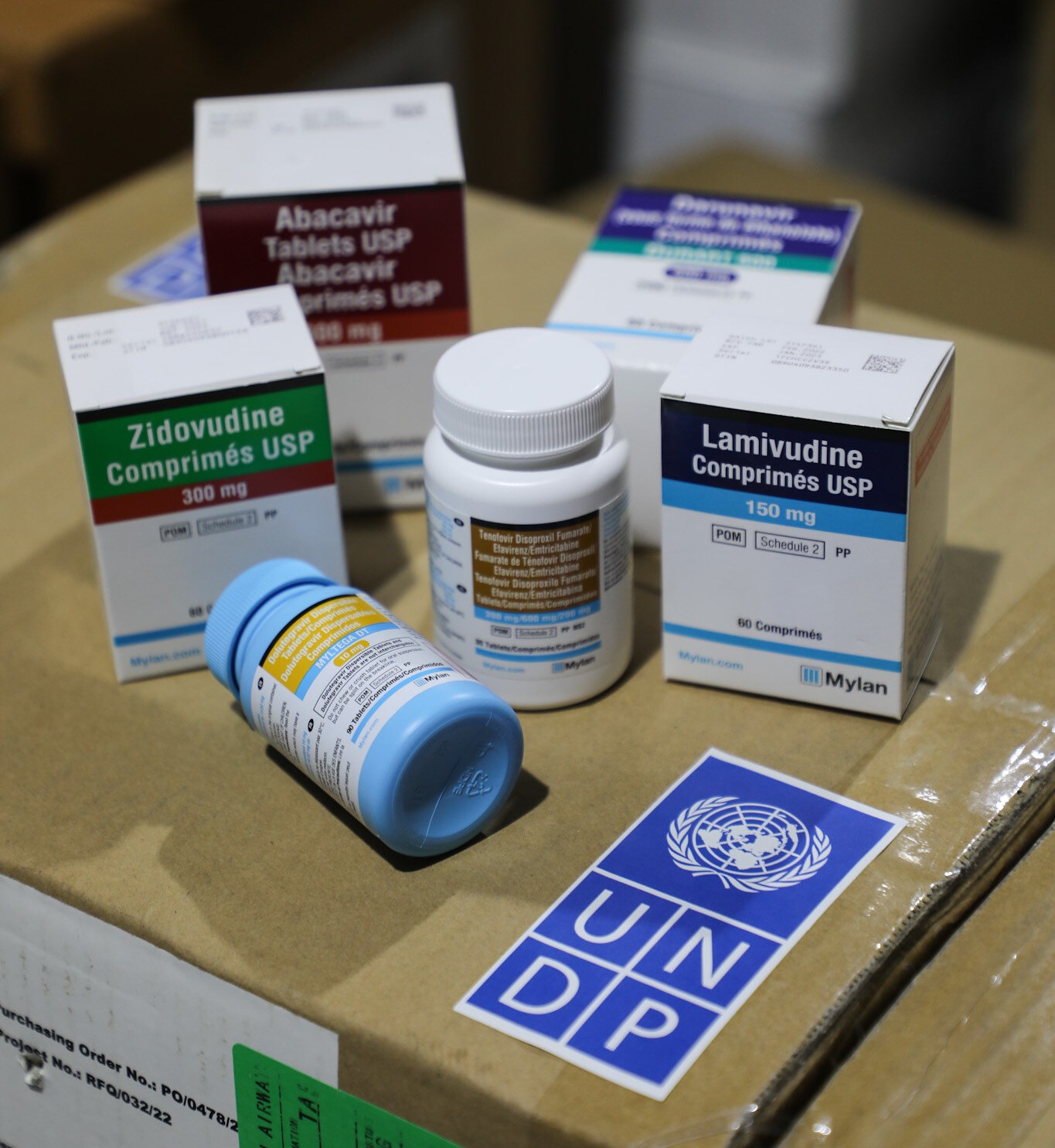Combating HIV/AIDS in Uzbekistan: A UNDP-Led Endeavor
March 22, 2024

Combating HIV/AIDS in Uzbekistan is a priority for public health, with the United Nations Development Programme (UNDP) leading efforts to address this challenge. Despite global advances, HIV/AIDS remains a critical issue, with millions worldwide living with the virus and many not receiving necessary treatment, especially in regions like Eastern Europe and Central Asia.
In Uzbekistan, UNDP's role as part of the United Nations Country Team is critical in the nation's fight against HIV/AIDS. By leading and participating in various theme groups under the United Nations Development Assistance Framework (UNDAF), UNDP has been instrumental in aligning the efforts of local partners, PLHIV led NGOs and UN agencies with the national development priorities. This strategy ensures a coordinated response to the epidemic, leveraging the strengths and resources of multiple agencies for greater impact.
Government of Uzbekistan, with support from UNDP, has made significant strides in fighting HIV/AIDS, marked by the enactment of pivotal Presidential Resolutions aimed at intensifying the battle against this epidemic. These efforts are part of a broader strategy to ensure a coordinated, effective response to HIV/AIDS, leveraging the strengths of local partners, NGOs, and UN agencies.

Expanding Access to ART Treatment
A central focus of UNDP's work in Uzbekistan is expanding access to Antiretroviral Therapy (ART), with notable progress towards achieving universal treatment coverage. The introduction of Fixed-Dose Combinations (FDCs) has improved patient outcomes, increasing the percentage of patients achieving an undetectable viral load significantly. This success is attributed to enhanced treatment adherence facilitated by FDCs, simplifying medication management and reducing the risk of HIV transmission.
UNDP is working hard to increase access to HIV treatment in Uzbekistan. As of January 1, 2024, there are 48,658 people living with HIV in the country, with 41,090 (or 84.4%) of them getting treatment. The adoption of the "Best value for money" approach generated savings that were reallocated for further procurement of ARVs, thereby expanding the ARV program in Uzbekistan. This approach also contributed to a reduction in the overall cost of Antiretroviral Therapy (ART) regimens by 20-30%.
This shows great progress in making treatment available to everyone who needs it. A big improvement in treatment has come from using Fixed-Dose Combinations (FDCs), which combine several HIV medicines into one pill. This change has helped more patients reduce the virus to very low levels. In fact, in 2023, 79% of patients treated had such low levels of the virus, compared to 47% in 2016. This means the treatment is working well and more people are staying healthy.
However, challenges such as stigma and discrimination persist, hindering access to HIV services. UNDP's approach includes fostering partnerships, advocating for inclusive policies, implementing programs to reduce stigma, and integrating care models to streamline services. Collaboration with TB and sexual and reproductive health programmes and the implementation of e-HIV Sentinel Surveillance are also key components of this strategy.
Overcoming Infrastructural and Social Barriers
Addressing infrastructural and social barriers is crucial for the sustainability of HIV/AIDS interventions. In remote areas, ensuring reliable electricity and clean drinking water is fundamental for the effective management of HIV/AIDS. UNDP's role in integrating human rights and gender concerns into programming aims to address societal challenges, promoting a more inclusive healthcare environment.
Biosafety and innovations on Health
A significant step in enhancing biosafety and waste management in healthcare settings has been the introduction of 45 state-of-the-art autoclaves, improving safety standards in HIV/AIDS treatment and preventive services. These autoclaves offer a cost-effective, environmentally friendly, and efficient solution for sterilizing medical waste and equipment, contributing to the overall efficacy of healthcare responses to HIV/AIDS.

Looking into the future, the integration of technology and data-driven methodologies, such as electronic HIV case tracking systems and artificial intelligence, promises to revolutionize HIV/AIDS management. These advancements will enable more personalized care, efficient resource allocation, and effective public health interventions. UNDP's commitment to collaborative strategies and capacity building is vital for achieving long-term sustainability and reducing the impact of HIV/AIDS.
Conclusion
UNDP's multifaceted approach to combating HIV/AIDS in Uzbekistan exemplifies effective collaboration and innovation in public health. Through strategic partnerships, technological advancements, and a commitment to equity and human rights, significant strides are being made towards managing and eventually eradicating the HIV/AIDS epidemic in the region. The continued support, advocacy, and innovation in this field are essential for sustaining success and moving towards a future where HIV/AIDS no longer poses a public health threat.

 Locations
Locations
